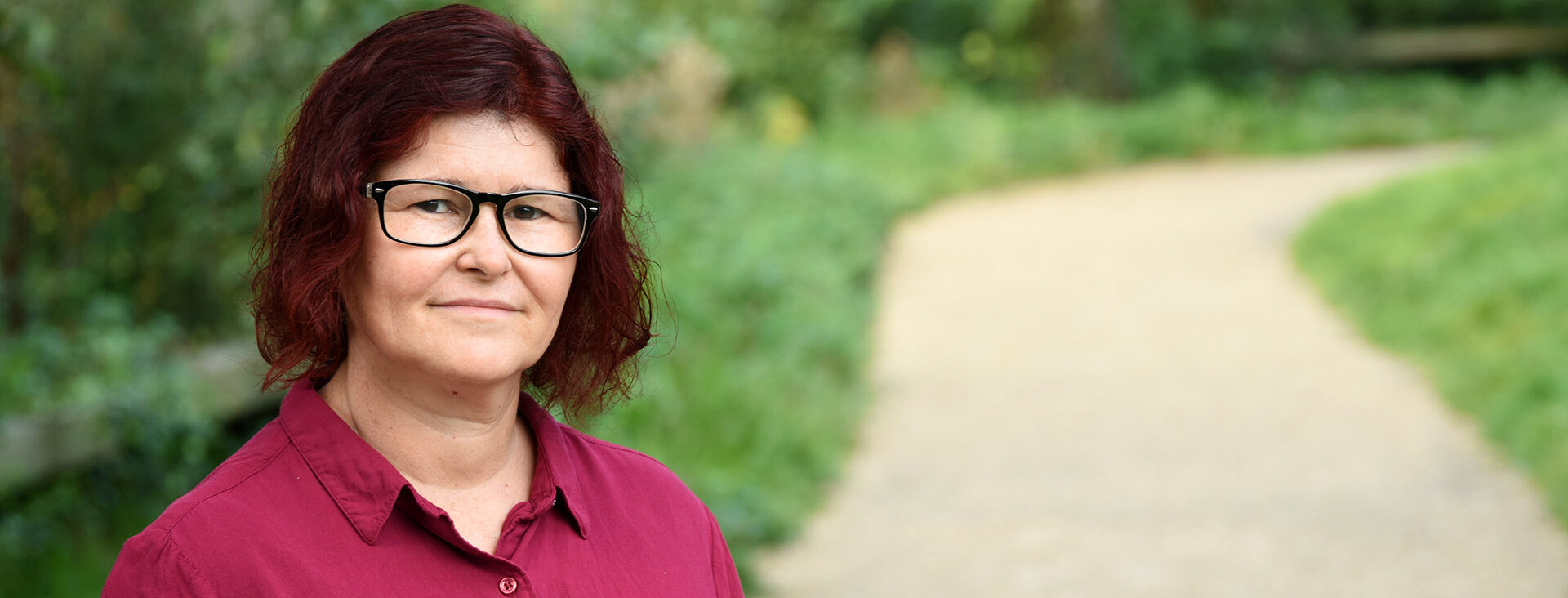In today’s video I talk about some phrasal verbs with catch. Make sure to watch until the end of the video for an idiomatic expression as well!
Catch Up
There are so many ways to use catch up and these first three are to catch up with.
To Catch up with somebody or something
to reach the same level or standard
It implies that the person either didn’t progress as quickly as others or may have fallen behind.
Examples
George is working hard on his reading and hopes to catch up with his classmates.
Taylor left a few minutes ago – if you run fast you might catch up with her.
If you haven’t seen someone for a while, you might arrange to meet up with them. I’m going to catch up with John later over coffee. I haven’t seen him in ages.
Catch Up On
Which brings me to catch up on. It also has 3 different uses.
To catch up on something
to find out the latest news, gossip or information
I might catch up with John so that I can catch up on what’s been happening in his life. But if I separate the phrasal verb with a proper noun or pronoun, it changes the meaning slightly
To catch somebody up on news/gossip/information is to give the news, gossip or information to another person.
Example
It’s Harry’s first day today. Why don’t you catch him up on our computer system?
You can also catch up on something that you have missed out on for some reason. Things like sleep or work.
Examples
I’m so tired, I need to catch up on my sleep.
I hate coming back from holidays. I always have so much work to catch up on.
Caught Up (past tense)
The past tense of catch is caught. So we can say caught up with/ caught up on.
We can also use the expression all caught up, for most of the previously mentioned situations.
- if you have reached the same level as others, you are all caught up.
- if you have found out the latest news, gossip or information or exchanged it with someone else, then you and they are all caught up.
- if you have done everything that you previously missed out on, like sleep or work, then you are all caught up.
Speaking of past tense, there are a few occasions when we only use the past tense – caught up. The first is to describe something becoming held as if in a net. This could be an actual net or something similar. We don’t want dolphins to get caught up in those fishing nets. Or figuratively My brother got caught up in political fanaticism.
Or we can use it to describe holding someone’s attention. He got caught up in the football game, and lost track of time. Or a bit more than that – holding someone’s attention but it’s as though they were under a spell! At the concert, she got caught up in the moment and forgot to eat.
Catch On
There are two ways to use catch on. The first is when somebody understands what is happening or how to do something.
Example
There’s a lot to learn on your first day, but don’t worry, you’ll catch on.
Now, just say some friends are throwing a surprise birthday party for someone. Alvin didn’t catch on that the party was a surprise, and he let the cat out of the bag! (to let the cat out of the bag is to reveal a secret).
When we want to describe something becoming popular, we can also use catch on.
Koosh balls didn’t catch on immediately, but soon became a hit in the 90’s.
Catch Out
Now what about catch (sb) out. Again, there are a couple of ways to use it.
If you discover that someone has done something wrong, then you catch them out. You can separate this phrasal verb with a proper noun or pronoun.
Mel tried to go home early, but was caught out when the boss got in the lift with her.
Lastly, I promised an expression. What’s the catch? Watch the video and you’ll find out!
That’s all for today. As always, please leave comments and questions under the video on YouTube.
Until next time!


